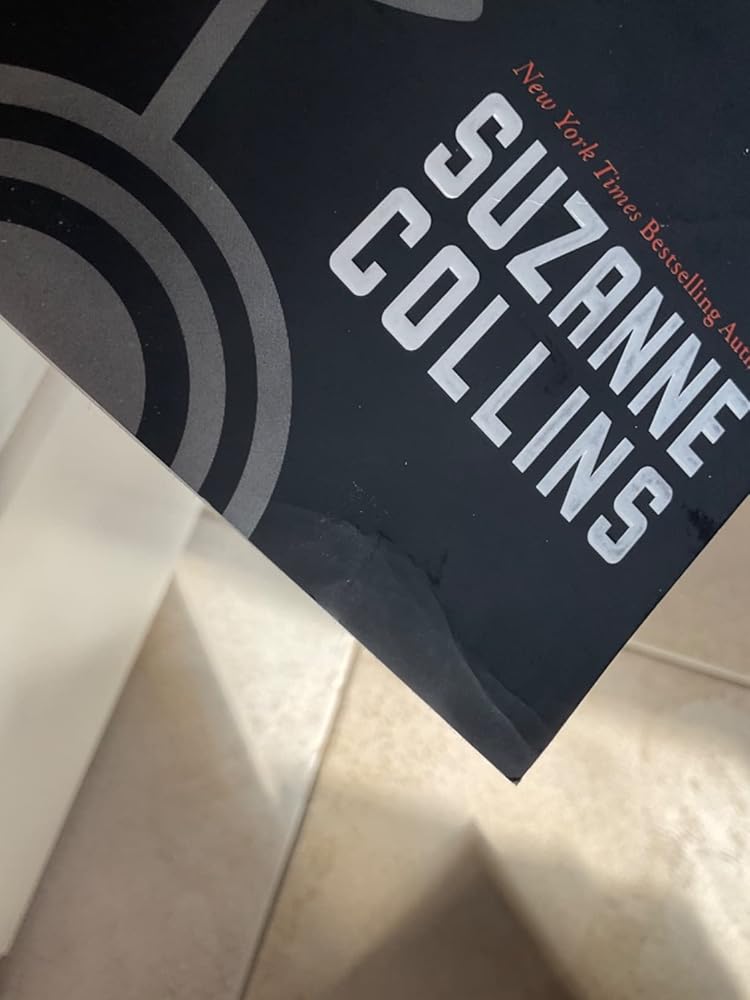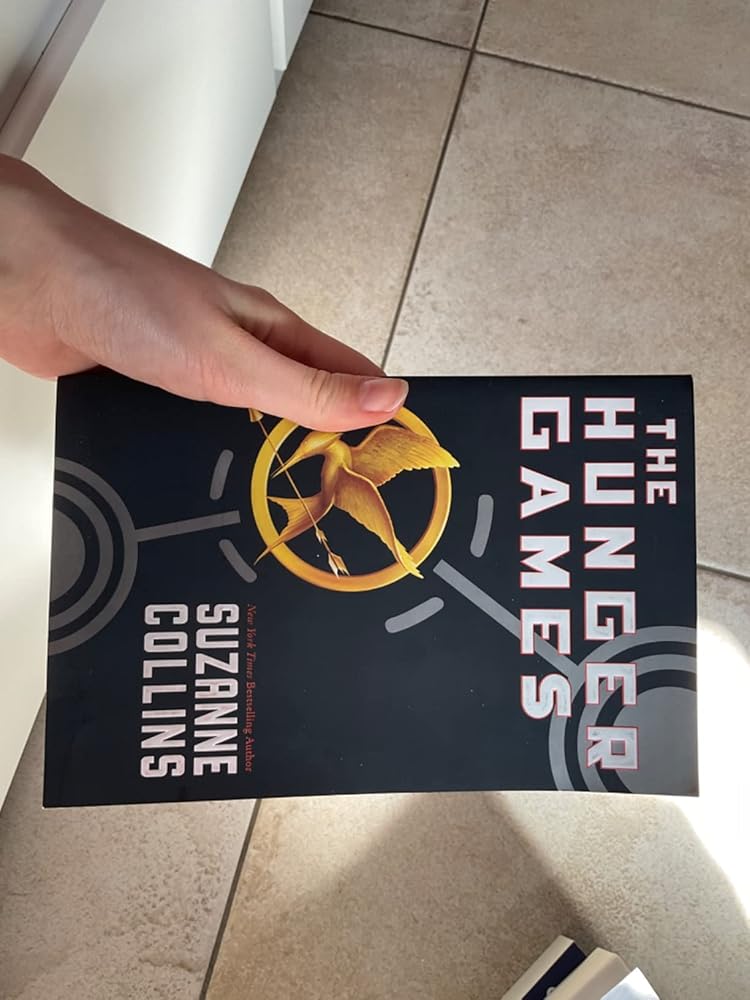

From the moment I cracked open 'The Hunger Games,' I was completely hooked. The raw intensity of Katniss's voice pulled me in, and before I knew it, I was sacrificing sleep just to find out what happened next. Suzanne Collins doesn’t just tell a story—she drags you into the arena alongside her characters.
The world-building is chillingly believable. Panem feels like a twisted reflection of our own society, where oppression and spectacle collide. The Capitol’s grotesque extravagance contrasted with the districts’ suffering made my skin crawl—but in that addictive way where you can’t look away. I found myself analyzing real-world parallels at 2AM, which is always the sign of impactful dystopian fiction.
What surprised me most was how visceral the action felt. When Katniss fires her first arrow, you hear the twang of the bowstring. When tracker jackers swarm, your own neck prickles with imagined stings. Collins writes violence with purpose—it’s never gratuitous, but it lands like a punch to the gut when needed.
The character dynamics destroyed me in the best way. Peeta’s quiet strength versus Katniss’s feral survival instincts created this delicious tension that had me yelling at the pages. And Haymitch? That drunken mess became my unexpected favorite—his sardonic humor masking deep trauma is character writing at its finest.
As someone who typically avoids YA tropes, I appreciated how this book subverts expectations. No love triangles overshadowing the plot—just raw human relationships forged in desperation. The ending left me emotionally winded yet satisfied, which is rare for first books in trilogies.
Pro tip: Don’t start this before bed unless you’re prepared for an all-nighter. And maybe keep some tissues handy—you’ll need them when Rue sings.

